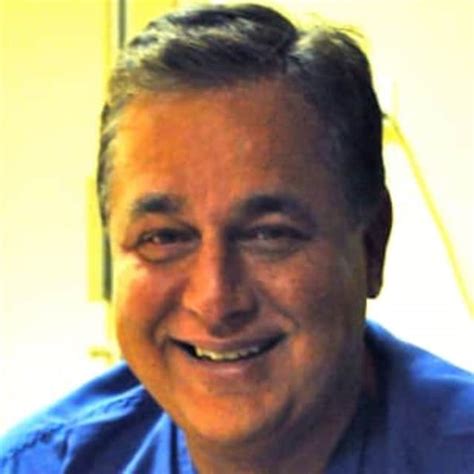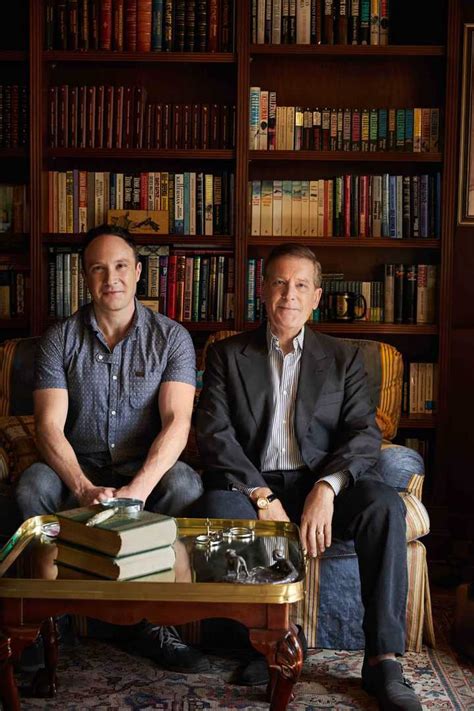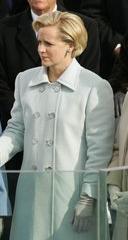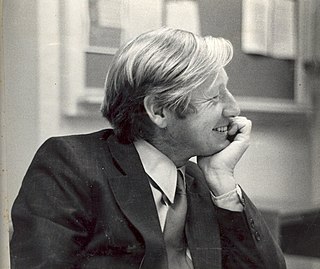A Quote by Miriam Margolyes
Although my parents both liked her, they just didn't approve of a same-sex relationship. Nowadays, people say that you must let children be what they are, but when I was growing up, the parents defined the child - and my parents had a definite vision of how they wanted me to be.
Related Quotes
A child is not a Christian child, not a Muslim child, but a child of Christian parents or a child of Muslim parents. This latter nomenclature, by the way, would be an excellent piece of consciousness-raising for the children themselves. A child who is told she is a 'child of Muslim parents' will immediately realize that religion is something for her to choose -or reject- when she becomes old enough to do so.
You must learn to look at people who are angry with you straight in the eye without getting angry back. When children see their parents treating them this way, they then recognize the parents' authority. It speaks louder than words. Their new respect for the parents is as good for them as it is for the parents. It never works to demand respect of children. It must be given willingly as a result of strength of good character in the parents, which is manifested by their non-reaction to stress in the children.
Harry's status as orphan gives him a freedom other children can only dream about (guiltily, of course). No child wants to lose their parents, yet the idea of being removed from the expectations of parents is alluring. The orphan in literature is freed from the obligation to satisfy his/her parents, and from the inevitable realization that his/her parents are flawed human beings. There is something liberating, too, about being transported into the kind of surrogate family which boarding school represents, where the relationships are less intense and the boundaries perhaps more clearly defined.
Every piece of remotely responsible research that has been done in the last 20 years on this issue has shown there is no difference between children who are raised by same-sex parents and children who are raised by opposite-sex parents. What matters is that children are being raised in a stable, loving environment.
I had parents who believed I could do anything - and I know how that made me feel. I think both my parents, having careers in the medical profession, feel they are helping people on a daily basis, and that was inculcated in me as a value. I had to struggle with giving up the idea of becoming a doctor myself.




































